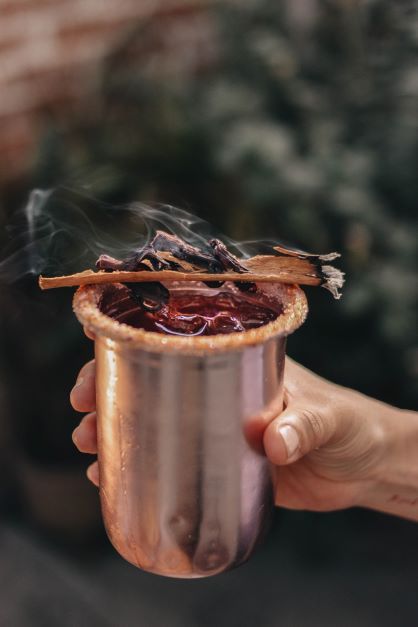Mezcal Experience and the Liquid Culture of Mexico
In the last few years, mezcal has awakened the interest of thousands of people, the consumption and appreciation of this spirit have multiplied. Each day more Mexicans consume mezcal and more people in the world can enjoy the liquid in the 68 countries to which mezcal is currently exported.

In recent years, mezcal has awakened the interest of thousands of people, and the consumption and appreciation of this spirit have multiplied. Every day more Mexicans consume mezcal and more people around the world can enjoy the Liquid Culture of Mexico in the 68 countries to which mezcal is currently exported.
At the same time, interest in learning more about the magic of this distillate is increasing thanks to the decision to revalue the artisanal work of each producer and to make transparent the processes of a distillate that is linked to the history of Mexico, every day there is more information about what is mezcal, what is mezcal, the regional processes, the types and categories of mezcal and the places where it is produced, thus generating interest in the consumer to learn more about each of the characteristics of this distillate.




